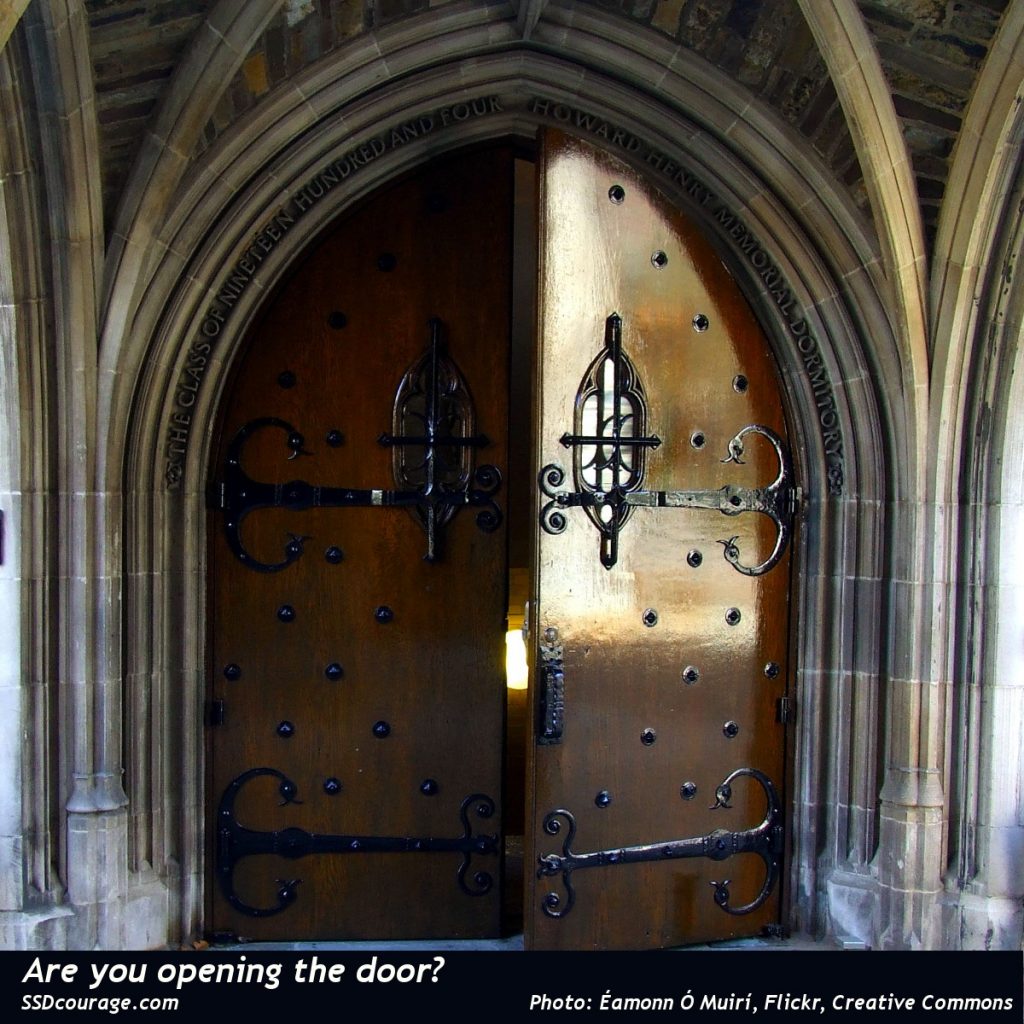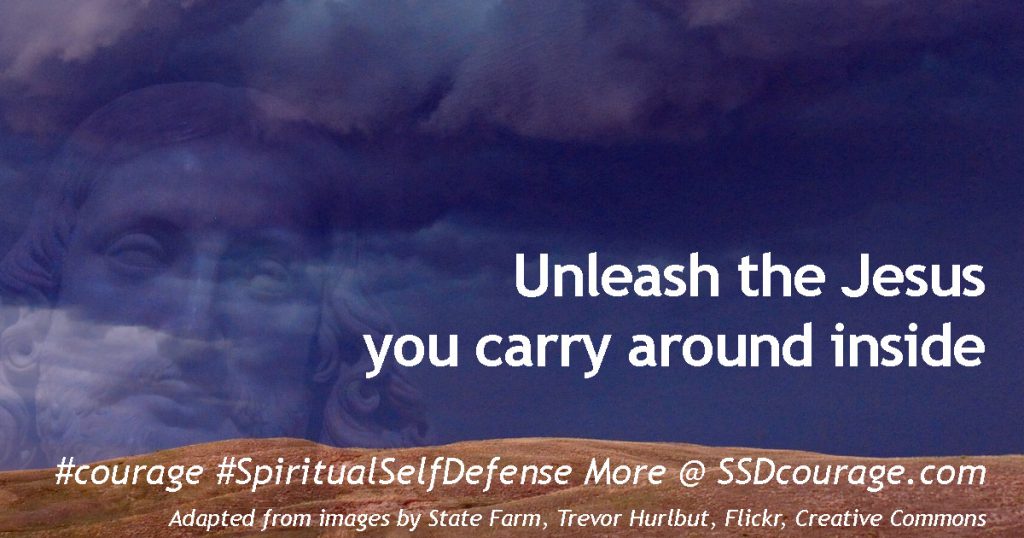
“Ever notice how everyone who drives slower than you is a moron, while everyone who drives faster than you is a maniac?”
I had to smile when my son said that. Wrapped in two tons of steel moving at 60 mph (or whatever), we become both powerful and anonymous. Nothing like power and anonymity to reveal our true character.
For me, driving has been a good barometer of my own transformational journey. How triggered do I get by the actions of other drivers? When I’m delayed, do I get bent out of shape? If I need to be first, cut in front, follow close, drive too fast (or too slow) what does that say about my heart?
Throughout life, God gives us opportunities to test our hearts. I don’t think He gives us these tests because He needs to know what’s inside (He already knows), but rather, He gives them to us because we need to know. Every time we miss the mark, it’s an opportunity for us to figure out why, and invite Jesus into the difference between who we are in Christ and how we live in this world.
A Spiritual Self Defense thought
Bible trivia:
Answer from last time: 110 (In Egyptian culture at the time, 110 was considered the “perfect” lifespan.)
New question: What was the name of Elijah’s successor?

























